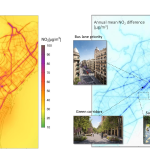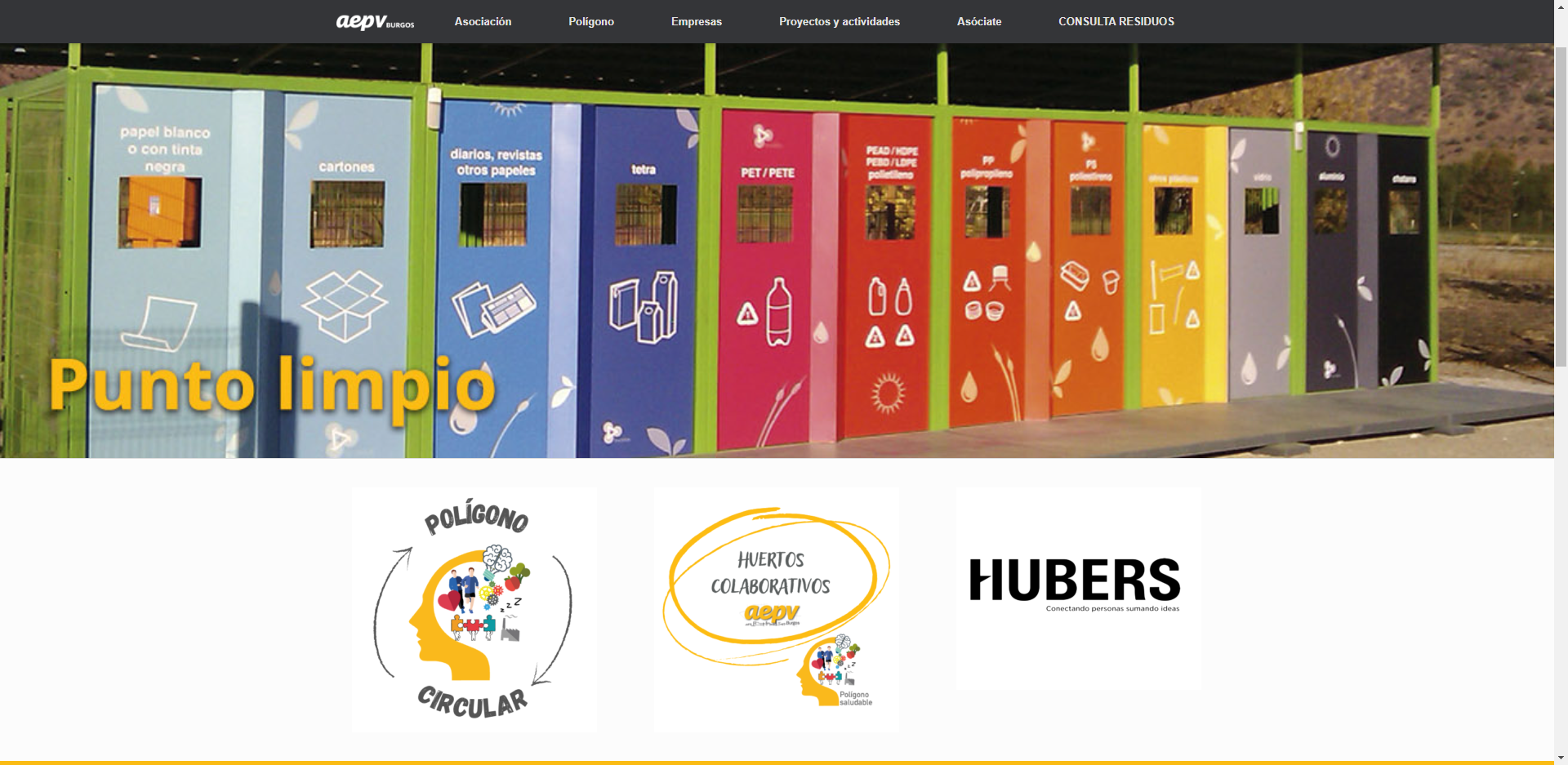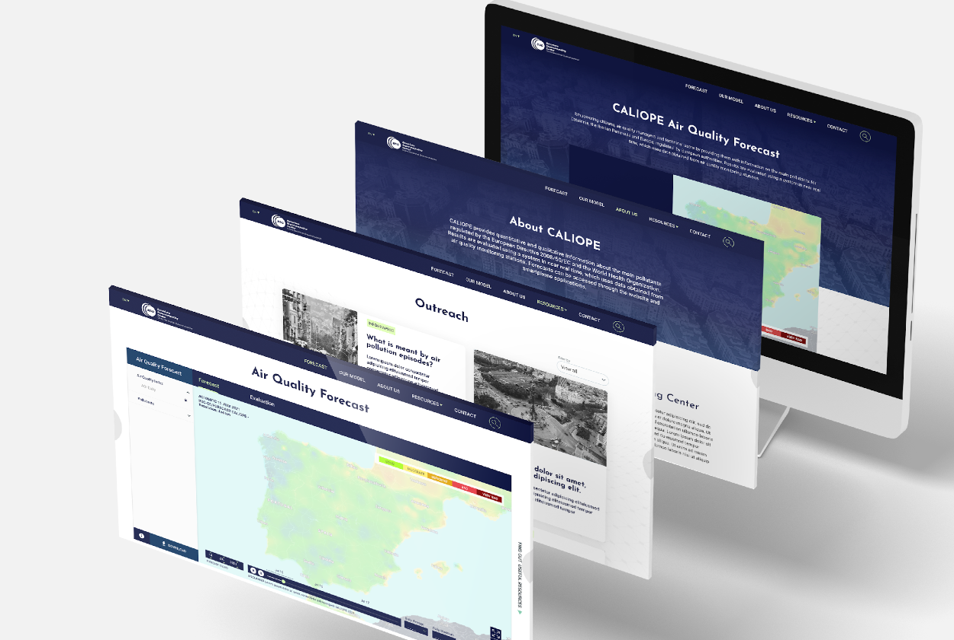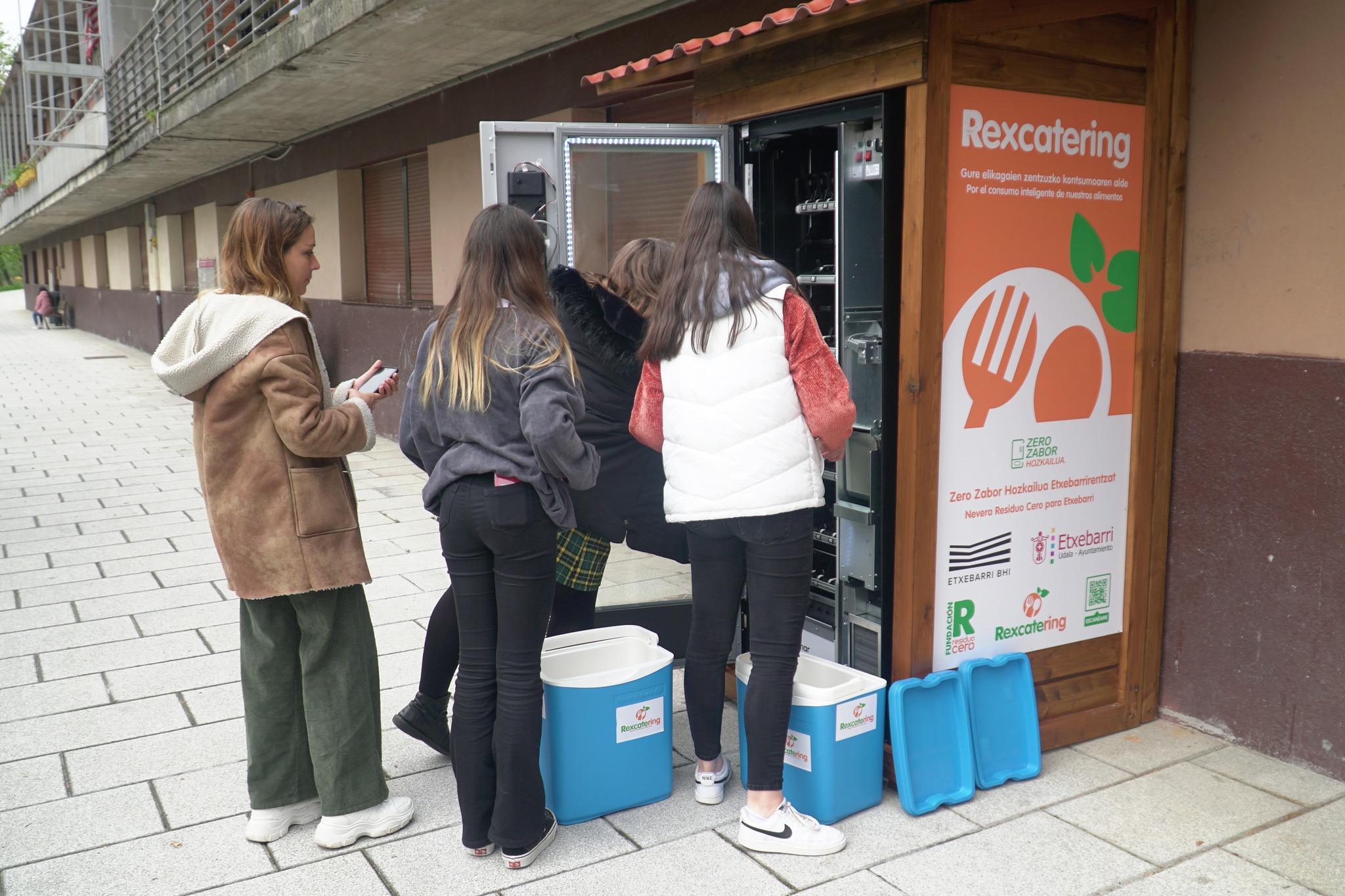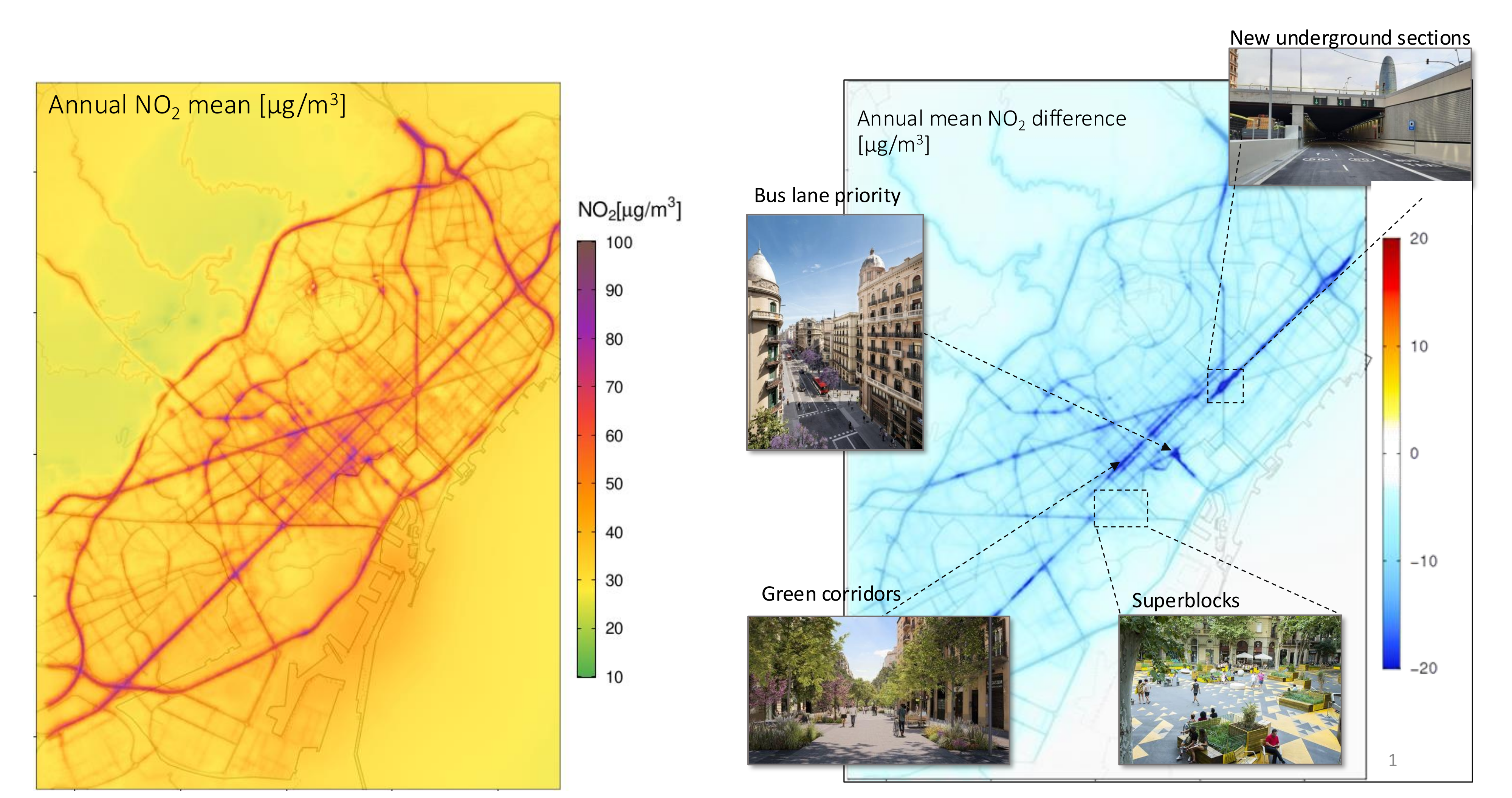
The VITALISE project develops advanced, high-resolution models that evaluate how traffic management policies affect air quality and public health in Barcelona, supporting data-driven urban planning and pollution reduction.
AIR POLLUTION CHALLENGES
Air pollution remains a major challenge in Barcelona, with nitrogen dioxide (NO₂) concentrations at urban traffic sites consistently exceeding the World Health Organisation’s recommended limits. In response, local authorities have implemented mobility policies aimed at reducing vehicle traffic and associated emissions. However, evaluating the true impact of these measures requires precise tools and methodologies.
DEVELOPING AN INTEGRATED TOOL TO ASSESS TRAFFIC POLICIES
Within the VITALISE project, a multidisciplinary team developed an advanced modelling system to assess how traffic management strategies influence air quality and public health in Barcelona. The approach integrates road transport emission models, air quality monitoring data, transport simulations, and health impact assessments. This enables a scientifically robust evaluation of local policies.
TRACKING AIR POLLUTION IMPACTS
A key innovation of the project is the development of a high-resolution model capable of simulating emissions and pollution levels down to the census tract, or street level. This level of detail allows for a more accurate understanding of how different neighbourhoods are affected by mobility interventions.By combining cutting-edge modelling with real-world data, the project offers a powerful tool to guide urban planning and public health decisions. VITALISE not only supports more effective air quality management in Barcelona but also provides a replicable model for cities across Europe facing similar environmental challenges.

